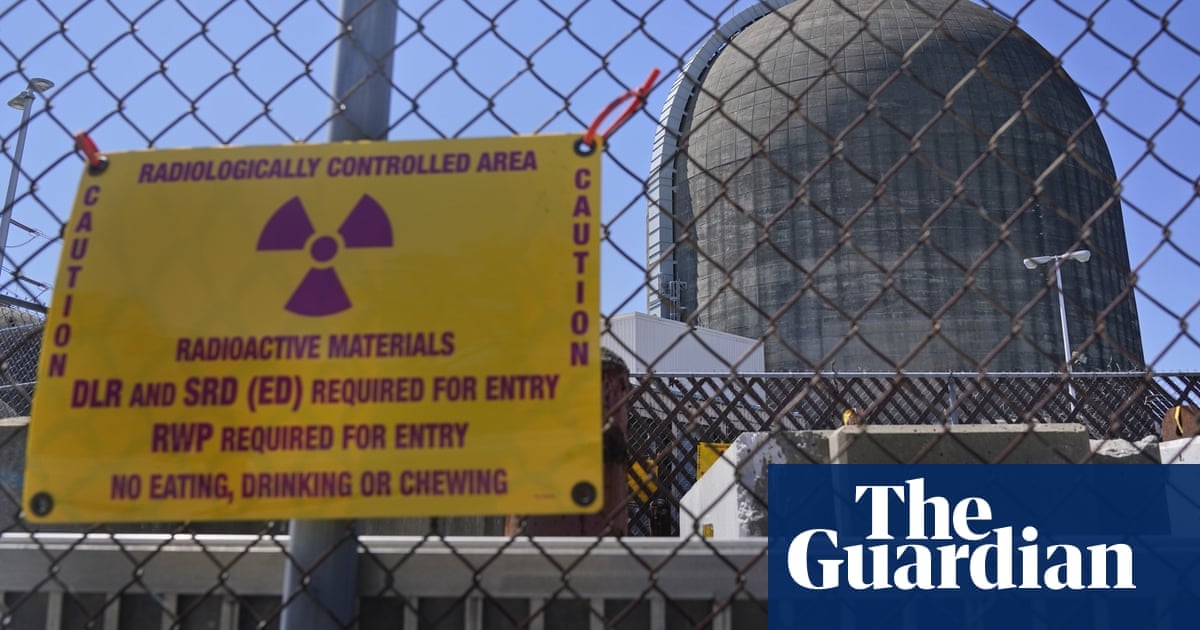Shuttering of New York facility raises awkward climate crisis questions as gas – not renewables – fills gap in power generation
When New York’s deteriorating and unloved Indian Point nuclear plant finally shuttered in 2021, its demise was met with delight from environmentalists who had long demanded it be scrapped.
But there has been a sting in the tail – since the closure, New York’s greenhouse gas emissions have gone up.
Castigated for its impact upon the surrounding environment and feared for its potential to unleash disaster close to the heart of New York City, Indian Point nevertheless supplied a large chunk of the state’s carbon-free electricity.
Since the plant’s closure, it has been gas, rather then clean energy such as solar and wind, that has filled the void, leaving New York City in the embarrassing situation of seeing its planet-heating emissions jump in recent years to the point its power grid is now dirtier than Texas’s, as well as the US average.



I really hate this kind of reasoning. Even if we do manage to reduce our energy consumption, closing the nuclear plant would still be more harmful to the environment because we could have closed fossil fuel plants instead. Unless, of course, we’d manage to reduce energy consumption so much that we wouldn’t need any non-renewable energy sources - which I don’t think is very realistic assumption. Certainly not realistic enough to make such a gamble on.
The only way closing the nuclear plant would have been beneficial to the environment would be if the act of closing it would have caused a reduction in our energy consumption that is greater than the energy the plant itself was producing (minus some extra energy from fossil fuel plants that take up its “emission budget” to increase their own energy production). Which is also quite unrealistic. I actually think it makes more sense that it achieved the opposite effect, since closing the plant took up activists’ effort and environmental publicity, which could have been used to push for reducing consumption instead.
At some point you have to acknowledge nuclear power (particularly from planes dating back to the 60s/70s) as their own waste problem.
And you can try to address this waste with more modern clean up techniques. Or you can decommission these old plants. But just waiting for derelict facilities to crumble, on the ground that “Nuclear Good / FF Bad” means another generation of Fukushima like events that drive people further from nuclear as a long term solution.